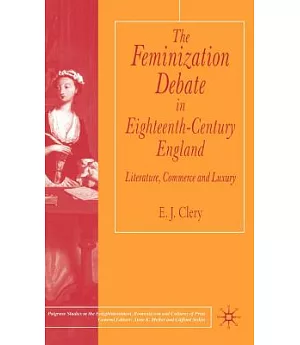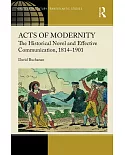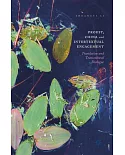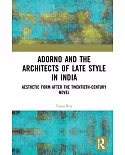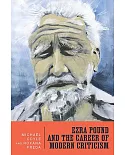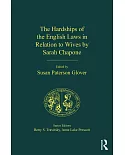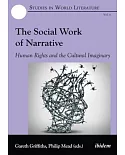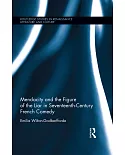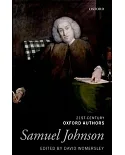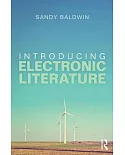In the eighteenth century, critics of capitalism denounced the growth of luxury and effeminacy; supporters applauded the increase of refinement and the improved status of women. This
pioneering study explores the way the association of commerce and femininity permeated cultural production. It looks at the first use of a female author as an icon of modernity in the
Athenian Mercury, and reappraises works by Elizabeth Singer Rowe, Mandeville, Defoe, Pope and Elizabeth Carter. Samuel Richardson's novels represent the culmination of the English
debate, while contemporary essays by David Hume move towards a fully-fledged enlightenment theory of feminization.

